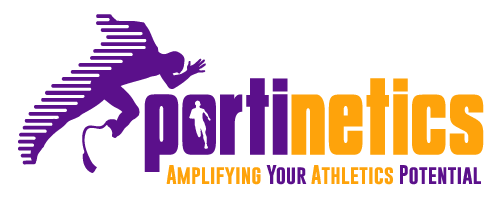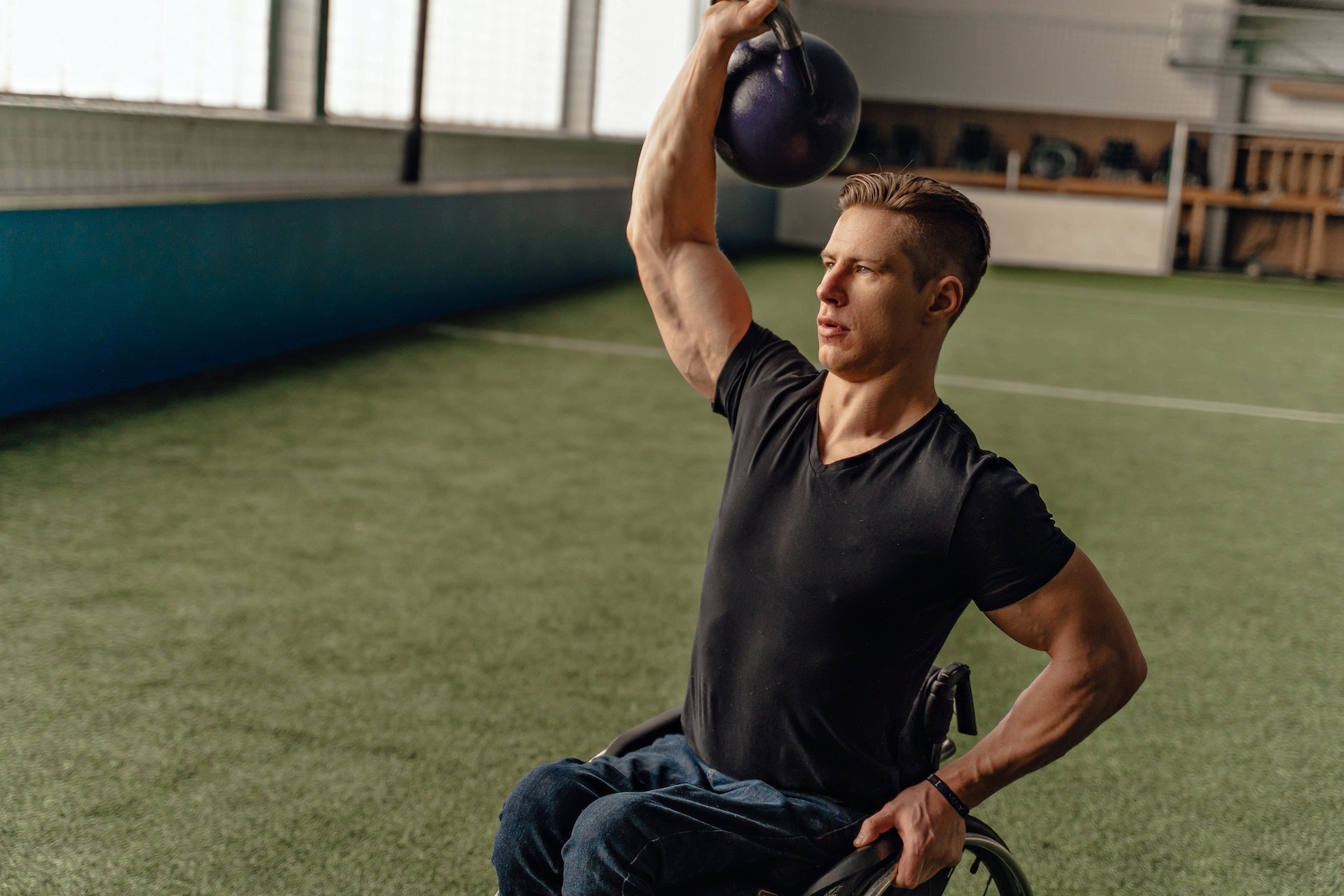
Rehab Simplified
Getting active is a wonderful way to bounce back. Depending on the severity and type of your injury, rehabilitation may help you regain mobility and strength, retrain your skills, or teach you new ones. Additionally, it can help you recover mentally and emotionally from trauma.

Sports Therapy
Sports therapy can be life-changing for people with disabilities. Physical activity and sports are essential for overall health and wellbeing. For people with physical or mental disabilities, participating in sports through adaptive sports therapy can offer even more benefits. Sports therapy helps people with disabilities improve their strength, balance and mobility. It can also boost self-esteem, social skills and emotional wellbeing.
Being active through sports therapy has been shown to reduce depression and anxiety among people with disabilities. Physical activity releases feel-good endorphins in the brain while achieving goals and improving skills boosts self-confidence. Sports therapy allows people with disabilities to push their physical limits and discover what they are capable of, improving self-esteem and independence.
I am a disabled. How can I know I can do sports?
The hardest part may be starting. But don’t let doubt stop you from trying. Take that first step and reach out – you’ll be surprised by what’s possible. There are sports and activities out there waiting for you, providing enjoyment, exercise and a sense of community. Don’t count yourself out before you even begin!
Benefits of sports for the disabled
Sports are an important way for people with disabilities to lead active lives filled with health benefits, social connections, and achievement. Playing sports offers many perks for those with physical or intellectual impairments. Here are some of the top benefits of sports for the disabled.
Physical Health
Sports can improve cardiovascular fitness, muscle strength, flexibility, and mobility for people with disabilities. Regular exercise through adapted sports can reduce risks for health issues like obesity, diabetes, and depression. Swimming, cycling, and wheelchair basketball are excellent options for improving overall physical fitness.
Social Connections
Sports provide opportunities to meet others facing similar challenges and build friendships based on a shared interest in the sport. The social support from teammates and coaches can improve quality of life for people with disabilities. Participating on an adaptive sports team is a great way to expand one’s social circle.
Mental Wellbeing
Playing sports offers mental health advantages like stress relief, confidence boosts, and a sense of achievement for disabled athletes. Meeting physical activity goals and improving skills in the sport can build self-esteem and self-worth. Athletes with disabilities also benefit from the feeling of independence sports provide.
Life Skills
Adapted sports help develop important life skills like time management, communication, teamwork, and leadership. Athletes with physical or intellectual impairments gain skills that translate to other areas of life and potential employment.
Inclusion
Sports are one of the most inclusive activities available for people with disabilities. Athletes with disabilities have the opportunity to participate alongside able-bodied players. Inclusion in mainstream sports also promotes diversity and awareness.
Our Clients:

